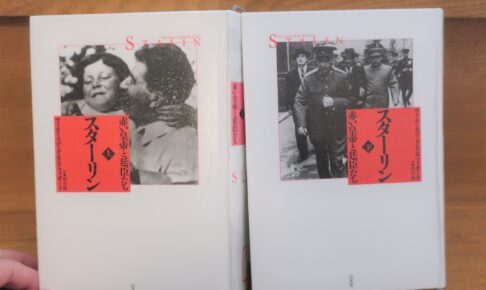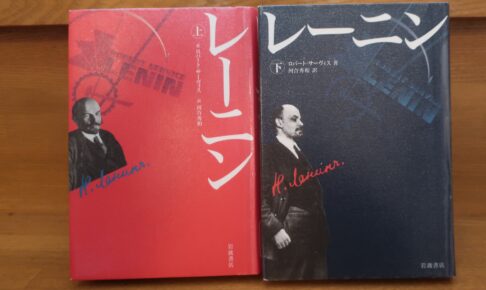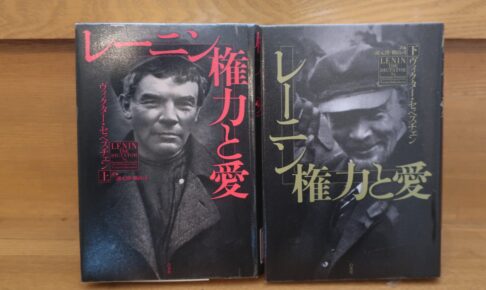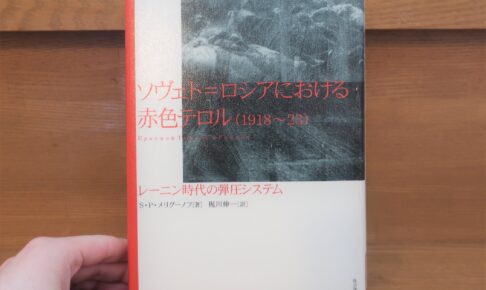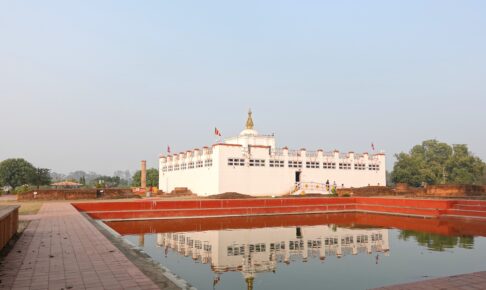(2) What is the relationship between Leninist Bolshevism and religion that led to the disastrous famine in Ukraine in 1932?
Religion was taboo in Soviet society, but the very structure of the Soviet Union was based on religious beliefs. I have been thinking a lot about the theme of what religion is, and this was a very thought-provoking scene.
And under Stalin's regime, at least 4 to 5 million people died of starvation. And that too by man-made means...
These things were happening during the Stalin era. And under Stalin's regime, even this was justified in order to create a "wonderful new world"... It has now become a story of unimaginable proportions...












